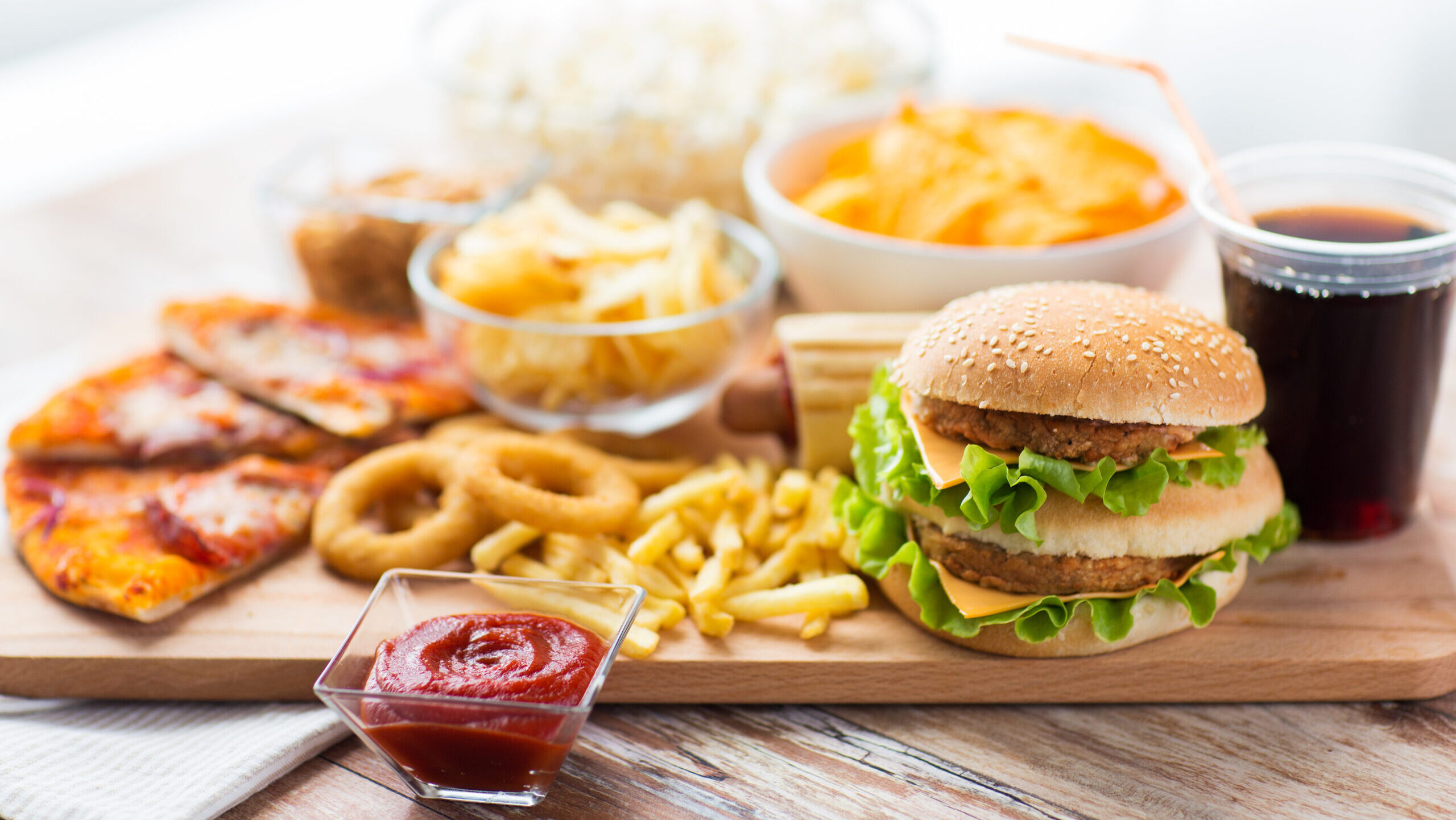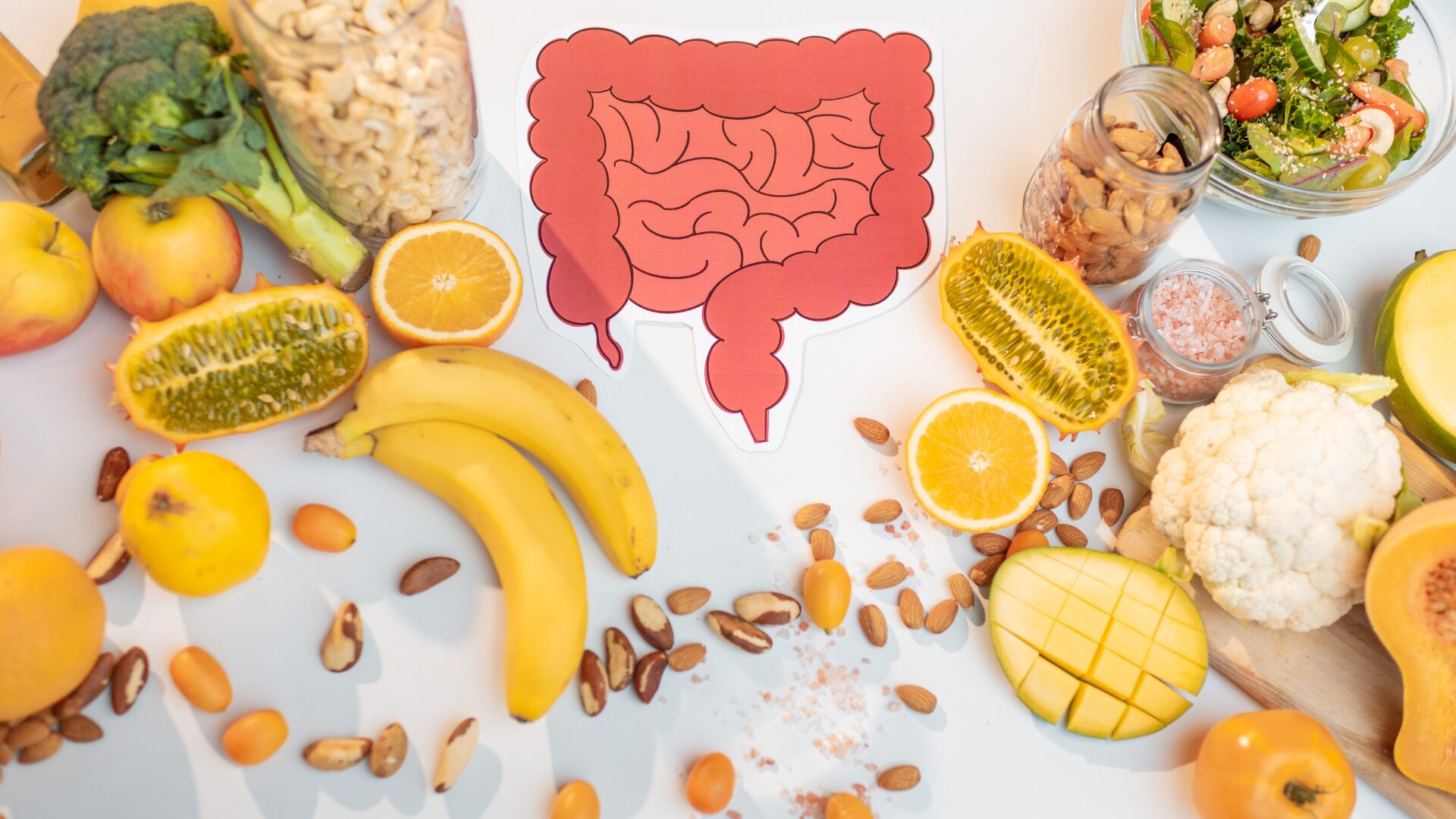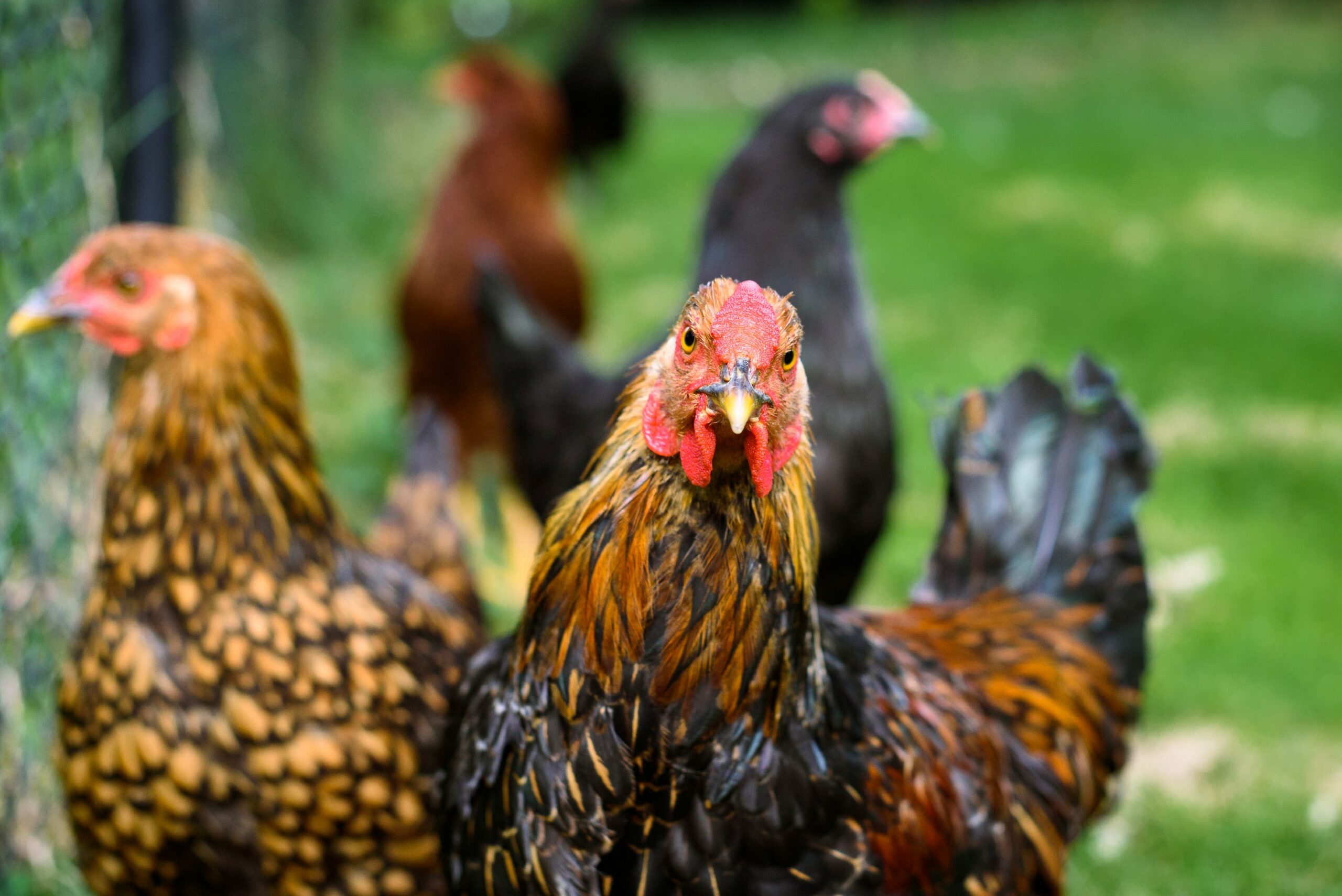New research might make some consumers think twice before ordering a Quarter Pounder with Cheese. Findings from the University of Colorado suggest high-fat diets may fuel anxiety.
A study found that a high-fat diet disrupts gut bacteria and, through the complex pathway connecting the gut to the brain, influences brain chemicals in ways that trigger anxiety.
“Everyone knows that these aren’t healthy foods, but we tend to think about them strictly in terms of a little weight gain,” noted Christopher Lowry, a Colorado physiology professor. “If you understand that [overly fatty foods] also impact your brain in a way that can promote anxiety, that makes the stakes even higher.”
The typical American diet is about 36% fat, according to the Centers for Disease Control and Prevention.
Colorado researchers divided rats into two groups for their study, with half receiving a diet of about 11% fat for nine weeks; the others got a high-fat diet of 45% fat consisting mostly of saturated fat. Throughout the study, researchers assessed the animals’ gut bacteria.
When compared to the control group, the group of rats eating a high-fat diet gained weight. And, the animals also showed significantly less diversity of gut bacteria. Generally speaking, more bacterial diversity is associated with better health.
The high-fat group of rats also showed higher expression of genes involved in production of serotonin – particularly in a region of the brainstem which is associated with stress and anxiety. While serotonin has been termed a “feel-good brain chemical,” Colorado researchers note that certain subsets of serotonin neurons can, when activated, prompt anxiety-like responses.
“To think that just a high-fat diet could alter expression of these genes in the brain is extraordinary,” Lowry said.
Colorado researchers suspect that an unhealthy microbiome compromised the gut lining, enabling bacteria to slip into the body’s circulation and communicate with the brain via the vagus nerve, a pathway from the GI tract to the brain.
“If you think about human evolution, it makes sense,” Lowry said. “We’re hard-wired to really notice things that make us sick so we can avoid those things in the future.”
The Food Institute Podcast’s “Foodservice Gamechangers” Series
Get to know the men and women behind the scenes of foodservice distribution in a new, limited series from The Food Institute Podcast called “Foodservice Gamechangers.” Recently, Pat Mulhern, advisor to The Food Institute, sat down for brief conversations with seven of the most influential foodservice merchandising and distribution leaders. Highlighting their food career journeys and management styles, the conversations feature insightful thoughts on what may lie ahead for manufacturers, distributors, and operators in foodservice.











